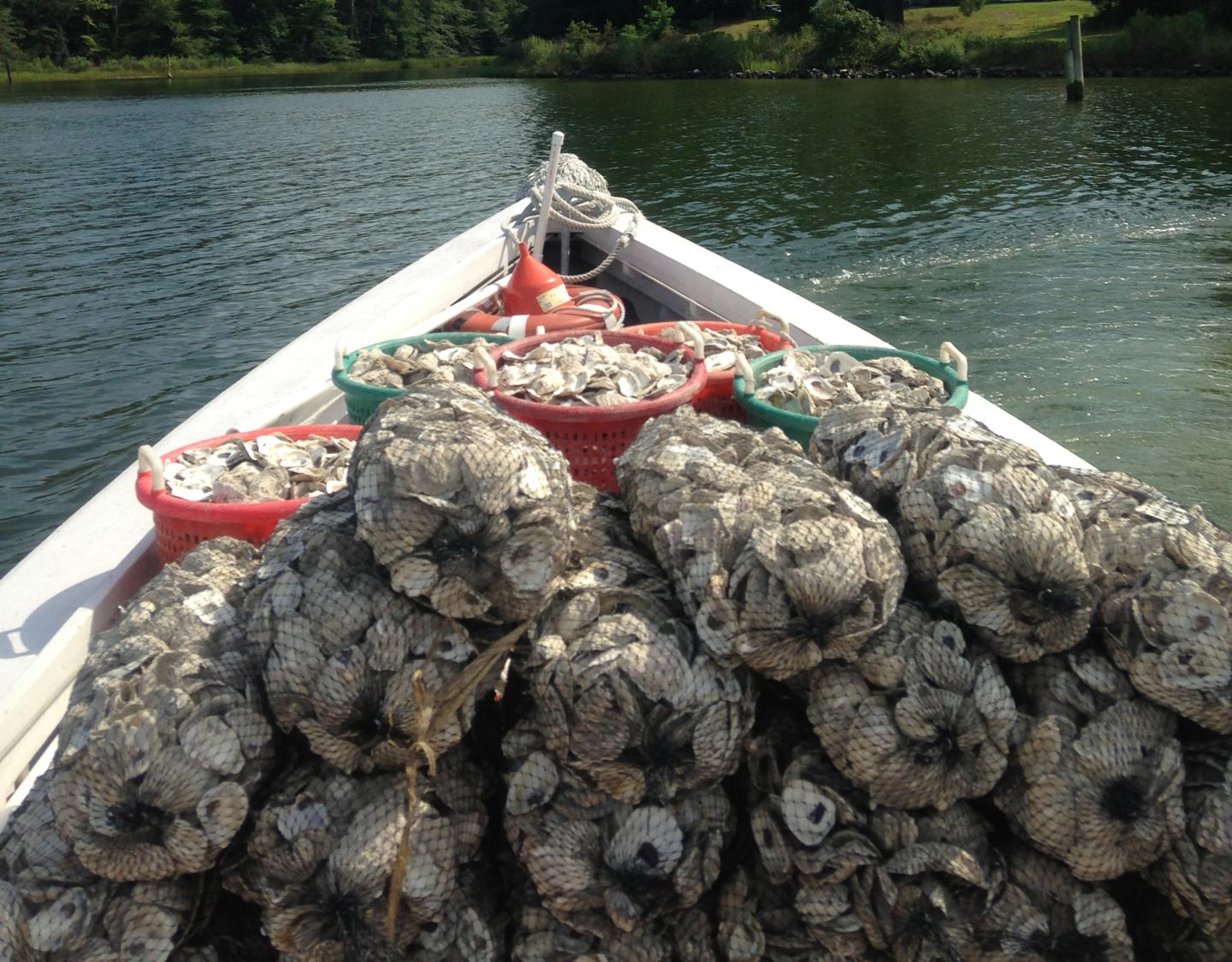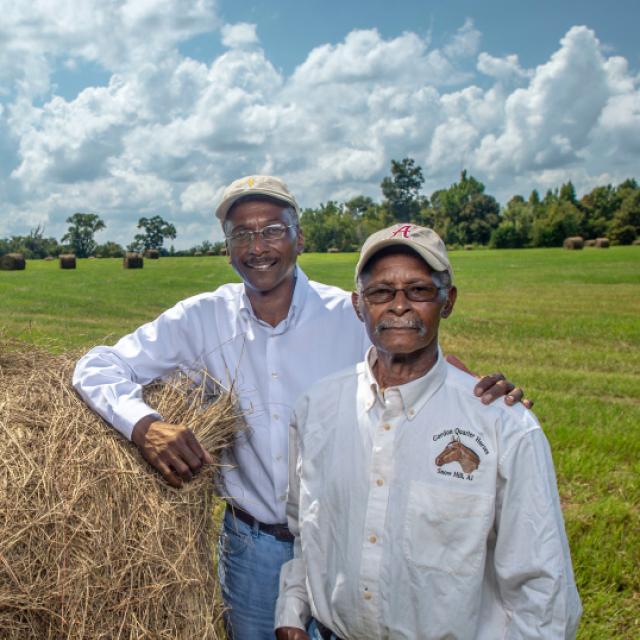
The Regional Conservation Partnership Program (RCPP) is a partner-driven approach to conservation that funds solutions to natural resource challenges on agricultural land.

RCPP Application Cut-Off Announced
RCPP producer applications to be batched under previously announced Virginia RCPP Financial Assistance cut-off Oct. 11.
State Program Overview
NRCS has been supercharging locally led conservation through the RCPP since its inception in 2014. Virginia has been the lead state for nine projects and a partner in four others that leveraged partner funds to support out-of-the box solutions to today’s conservation concerns.
State Priorities
- Water Quality Degradation
- Inadequate Habitat for Fish and Wildlife
- Soil Quality Degradation
- Soil Erosion
- Livestock Production Limitation
- Degraded Plant Condition
RCPP Activity Types
- Land Improvement/Management/Restoration
- Land Rental
- Easement (U.S.-held)
- Easement (Entity-held)
- Public Works/Watersheds

Leveraging Resources on a Landscape Scale
Our "Oyster Bottom Restoration through Aquaculture" project is just one of many successful collaborations to get more conservation on the ground to improve Virginia soil health and water quality.
Partnership Agreements
The partnership agreement defines the scope of the project, including:
- Eligible activities to be implemented
- Potential agricultural or nonindustrial private forest operations affected
- Local, state, multi-state or other geographic area covered
- Planning, outreach, implementation, and assessment to be conducted. Partners are responsible for contributing to the cost of the project, conducting outreach and education to eligible producers for potential participation in the project and for conducting an assessment of the project’s effects. In addition, partners may act on behalf of the eligible landowner or producer in applying for assistance and for leveraging financial or technical assistance provided by NRCS with additional funds to help achieve the project objectives.
Before closing the agreement the partner must provide an assessment of the project costs and conservation effects.
More Information
State Contact:
Sean Potts, Virginia RCPP Program Manager
PH: 202-957-8998 | Email: sean.potts@usda.gov
Additional Information
Ready to get started?
Contact your local service center to start your application.
How to Get Assistance
Do you farm or ranch and want to make improvements to the land that you own or lease?
Natural Resources Conservation Service offers technical and financial assistance to help farmers, ranchers and forest landowners.

To get started with NRCS, we recommend you stop by your local NRCS field office. We’ll discuss your vision for your land.
NRCS provides landowners with free technical assistance, or advice, for their land. Common technical assistance includes: resource assessment, practice design and resource monitoring. Your conservation planner will help you determine if financial assistance is right for you.
We’ll walk you through the application process. To get started on applying for financial assistance, we’ll work with you:
- To fill out an AD 1026, which ensures a conservation plan is in place before lands with highly erodible soils are farmed. It also ensures that identified wetland areas are protected.
- To meet other eligibility certifications.
Once complete, we’ll work with you on the application, or CPA 1200.
Applications for most programs are accepted on a continuous basis, but they’re considered for funding in different ranking periods. Be sure to ask your local NRCS district conservationist about the deadline for the ranking period to ensure you turn in your application in time.
As part of the application process, we’ll check to see if you are eligible. To do this, you’ll need to bring:
- An official tax ID (Social Security number or an employer ID)
- A property deed or lease agreement to show you have control of the property; and
- A farm number.
If you don’t have a farm number, you can get one from USDA’s Farm Service Agency. Typically, the local FSA office is located in the same building as the local NRCS office. You only need a farm number if you’re interested in financial assistance.
NRCS will take a look at the applications and rank them according to local resource concerns, the amount of conservation benefits the work will provide and the needs of applicants. View Application Ranking Dates by State.
If you’re selected, you can choose whether to sign the contract for the work to be done.
Once you sign the contract, you’ll be provided standards and specifications for completing the practice or practices, and then you will have a specified amount of time to implement. Once the work is implemented and inspected, you’ll be paid the rate of compensation for the work if it meets NRCS standards and specifications.

